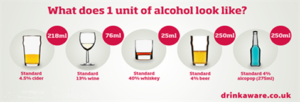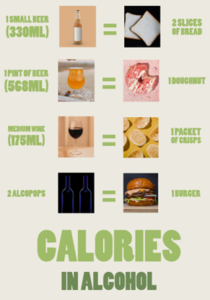Alcohol Awareness Week
Alcohol Awareness Week spans from the 3-9th July and is managed and hosted by Alcohol Change UK. This year’s theme is on “Alcohol and cost”.
Alcohol affects millions of people each year, economically and socially as well as having negative health impacts. Annually, the emergency services and the NHS spend an estimated £21 billion within society. Alcohol awareness week aims to raise awareness and improve the support and prevention in relation to alcohol abuse and to save lives.
AHPs and Alcohol Awareness
Allied Health Professionals (AHPs) play an important role in alcohol awareness with Dietitians, Occupational Therapists, Radiographers, Paramedics and Speech and Language therapists all playing a key part in prevention and treatment.
In total, there are 14 AHP professions and they make up the third largest clinical workforce in the NHS. AHP’s work in a variety of settings that include hospitals, the community and patient’s homes. Furthermore, their number one aim is to support patients physically, psychologically, socially and cognitively.











